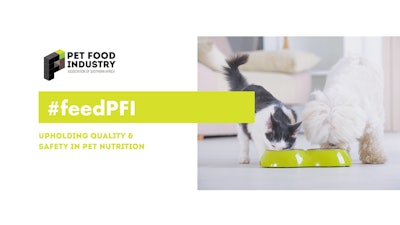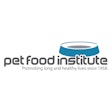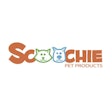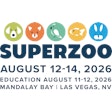
The Pet Food Industry Association of Southern Africa (PFISA), formed in 1998, represents 80% of South African pet food manufacturers. According to the PFISA website, pet food as an industry started to grow in South Africa in the late 1960s and early 1970s after the introduction of extruded dry pet food kibble. However, it was not until the South African economy started to open up in the 1990s that local pet food manufacturers and international pet food market players saw the need for an industry association.
Dominique Kuhlmann, PFISA general manager, explained the main purpose of the organization is to serve as a lobby for the industry and to engage with the government, both to draft regulation and to assist in its enforcement.
“At present, the pet food industry is highly regulated in South Africa,” Kuhlmann noted. “Companies and products need to be individually registered. Pet foods are grouped within agriculture and feed, which are stringently regulated due to their eventual human consumption being a factor.”
Pet food in South Africa falls under the purview of animal feed companies, regulated under the Fertilizers, Farm Feeds, Agricultural Remedies and Stock Remedies Act 36 of 1947, managed by the Department of Agriculture’s regulatory body.
Pet food industry’s success depends on law’s flexibility
“Our primary objective,” Kuhlmann explained, “is to liaise with the government to make changes in regulation with the desires of the industry.” She thinks this approach benefits both the government and industry, while producing quality products for consumers, both locally and internationally.
“South Africa is limited in terms of capacity and resources to maintain its pet food regulatory framework,” Kuhlmann said. “It is hampering competition and innovation, making it difficult for the country to keep up with the regulatory trends seen in the rest of the world.”
Her organization is looking to change the act under which the pet food industry operates in South Africa. “It is an old law, from 1947,” she pointed out. “It has been updated but remains very inflexible, particularly the fact that each product needs to be individually registered.”
Kuhlmann added that PFISA’s work also focuses on assisting the government, specifically with non-compliant products on shelves that are present due to a lack of education or enforcement. She cited CBD-based pet products as an example of something with which the regulatory body had yet to catch up.
Similarly, she used the example of COVID-19 to illustrate where the pet food industry was left behind and let down during the pandemic. “The government’s COVID-19 response showed how pet food is not top-of-mind for regulators in the agriculture space,” Kuhlmann said. “When we were in that space, it was evident in the draft essential services laws that pet food was not included in the first draft. Nevertheless, we kept our industry informed and lobbied for specific industry action/consideration. PFISA’s benefit was made apparent as a result of our lobbying efforts during COVID-19.”
Export-oriented pet food market
While South Africa is the largest pet food market in Africa, companies locally have a lot of engagement to do with the government. “South Africa is an anomaly in terms of African countries,” Kuhlmann explained. “It is very African, with an international/European slant. We have very significant manufacturing with export-savvy management teams. We also consider pets more as part of family than other African countries do.
“There is significant growth potential for South African pet food,” Kuhlmann added. “Exporting is the term on everyone’s lips due to the limitations in terms of product registration. It should take four months, but instead it takes 14. So, as an exporter, when South African companies can get their products on the shelf abroad faster, there is incentive to look beyond the country’s borders.”


















